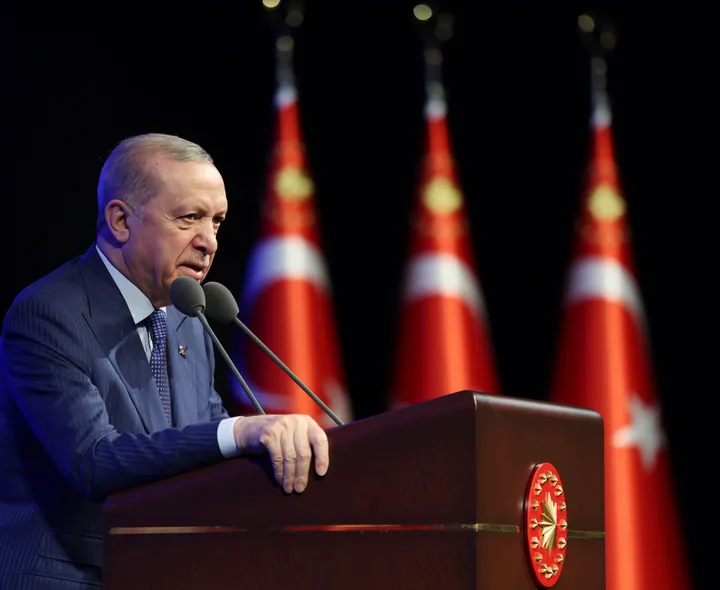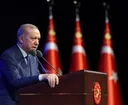Talks to reunify the divided island of Cyprus that were due to take place on Thursday have been called off after Turkish Cypriot President Mustafa Akinci said he would not attend.
The Turkish Cypriot leader's decision to pull out of the talks comes a week after his Greek Cypriot counterpart Nicos Anastasiades stormed out of a meeting between the two leaders. During the meeting, Akinci had demanded the overturning of a Greek Cypriot parliament vote to honour a controversial 1950 referendum.
The referendum in question took place while the eastern Mediterranean island was under British colonial rule. It called for Cyprus to be annexed to Greece, an idea known as "Enosis," for which 96 percent of Greek Cypriots voted in favour.
But for many Turkish Cypriots, Enosis represents their ethnic cleansing from the island. The 1950 referendum was abruptly followed by over two decades of violence that forced many Turkish Cypriots to flee to enclaves.
Turkey, one of three signatories along with Greece and the UK to an international agreement on ensuring security on the island, condemned the Greek Cypriot parliament's decision.
"A Greek Cypriot decision to commemorate a plebiscite on union with Greece more than 60 years ago will have a negative impact on reunification talks on the Mediterranean island," Turkey's presidential spokesman Ibrahim Kalin told reporters on Wednesday.
Turkish Foreign Minister Mevlut Cavusoglu also criticised the Greek Cypriot decision on Tuesday, saying Turkey and the Turkish Cypriots were "right" to have concerns over security on the island.
Turkey maintains a military presence in the island's north, which became a safe haven for Turkish Cypriots after Ankara decided to militarily intervene in response to a coup carried out by the Greek junta against the Cypriot government in July 1974. The coup aimed to annex the island to Greece.
Greek Cypriots undeterred
Greek Cypriot leader Nicos Anastasiades has conceded that the vote to mark the 1950 referendum at a time when peace talks are at their most sensitive was "ill-timed, wrong and meaningless," but has said the Turkish Cypriot side "overreacted."
The February 9 motion was submitted by a small Greek Cypriot party with ties to Greece's Golden Dawn far-right party.
Although the left-wing main opposition party voted against it, an abstention by Anastasiades' Conservative party meant it got through, with votes from parties which have expressed misgivings about progress in talks.
"I'm ready to continue negotiations at any time," Anastasiades posted on his official Twitter account. But Akinci has insisted that the Greek Cypriot parliament's decision must be overturned before talks resume.
Although both sides insist that talks have not collapsed, the latest setback further erodes confidence in the 22-month peace process to reunify the island as a bizonal, bicommunal federation.
Greek Cypriot political parties also said in a joint statement that the legislation in no way reflected a shift away from the stated goal of a federated Cyprus.
Nicos Christodoulides, a spokesman for the Greek Cypriot administration, said Akinci was using the legislation as an excuse to deflect attention away from the real reasons why talks are not moving forward.























